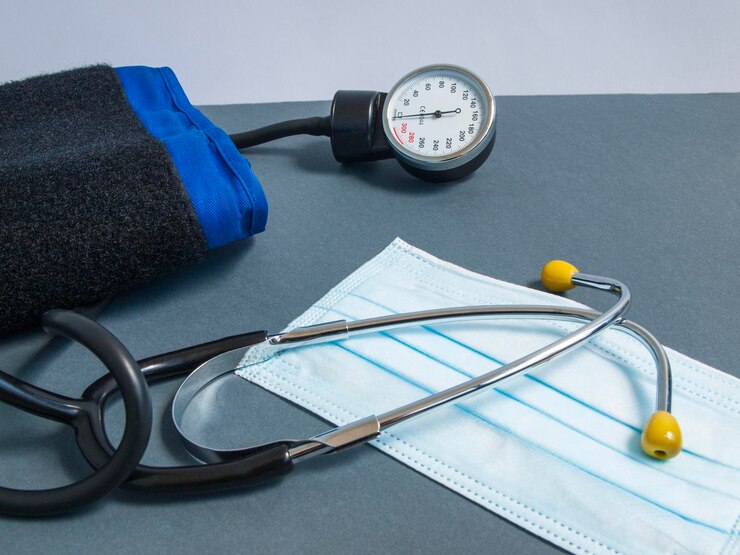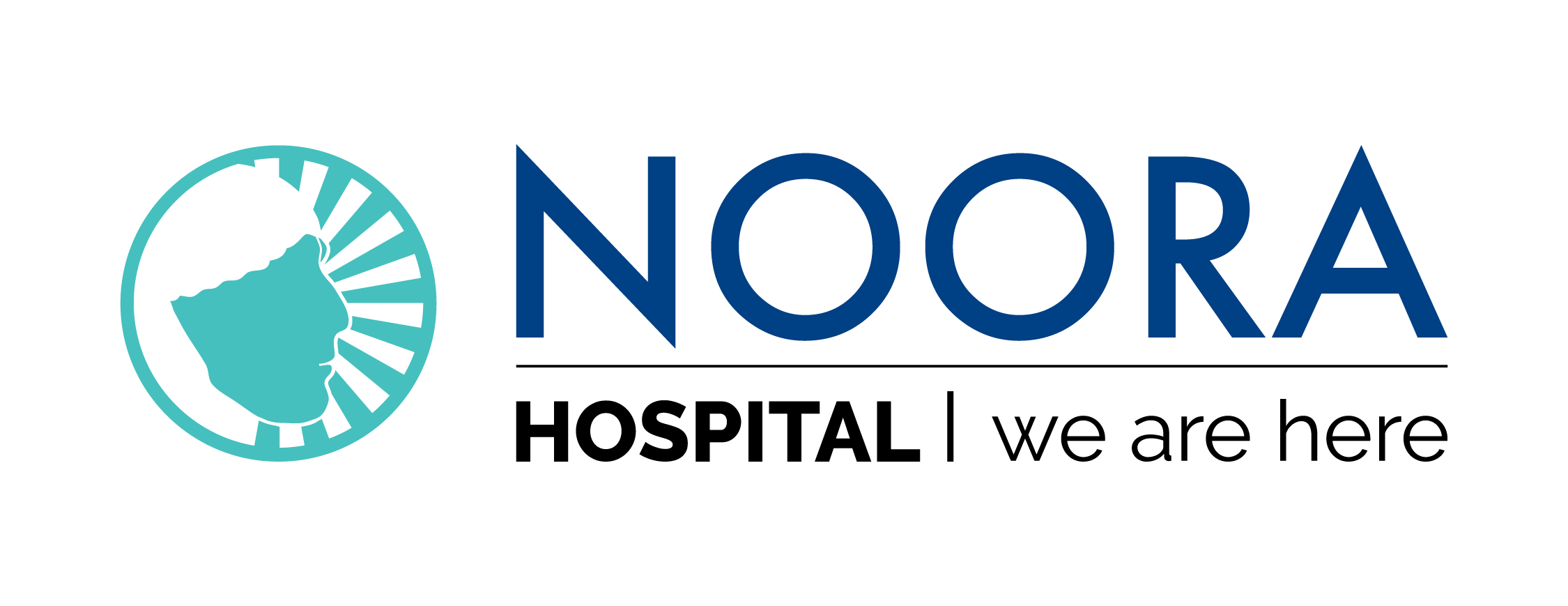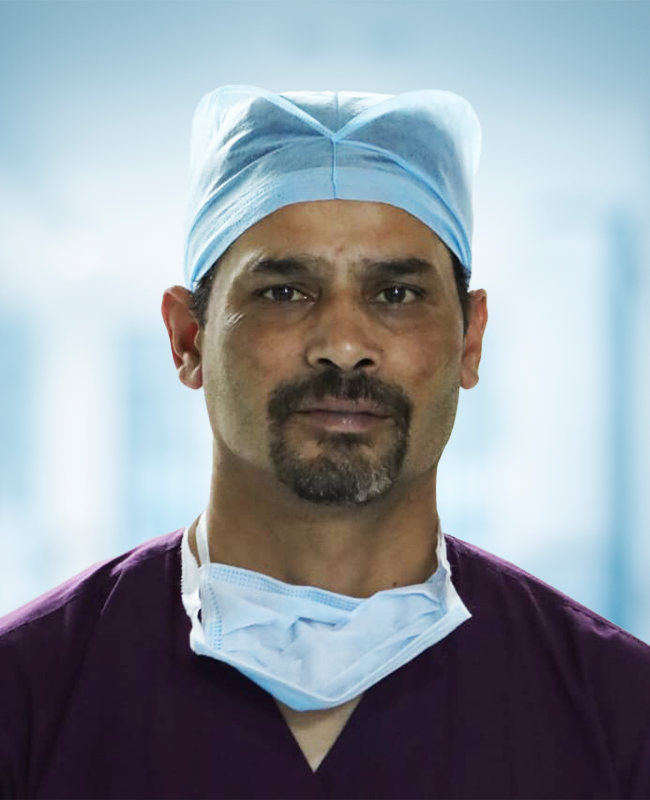235 +
Overview
General And Minimally Invasive Surgery
The General and Minimally Invasive Surgery department at Noora Hospital provides a comprehensive range of surgical services for gastrointestinal, abdominal, and soft tissue conditions. Our expert surgeons are committed to delivering personalized, compassionate care using the latest surgical techniques and technology, including minimally invasive procedures and advanced laparoscopic surgery to reduce recovery time and scarring. We prioritize personalized care tailored to each patient’s unique needs, working collaboratively with other specialists to ensure comprehensive treatment. Our mission is to achieve exceptional patient outcomes, improve quality of life, and advance the field of surgery through innovation, research, and education.
Cardiothoracic
Neurosurgery
Pharmacology
Healthcare
State-of-the-Art Healthcare
- Milestones
- Diagnostic Services
- Innovative Technologies
- Procedures and Treatments

- Ultrasound
- Computed Tomography (CT) scans
- Blood tests (e.g., creatinine, electrolytes, kidney function)
- Urine tests (e.g., proteinuria, hematuria)
- Kidney biopsy
- Glomerular filtration rate (GFR) measurement
- Ambulatory blood pressure monitoring (ABPM)
- Serum creatinine and cystatin C measurement
- Urine protein-to-creatinine ratio (UPCR)
- Estimated glomerular filtration rate (eGFR)

- Laparoscopic (Keyhole) Surgery
- Laparoscopic Hernia Repair and Abdominal Wall Reconstruction (AWR)
- Laparoscopic Gallbladder Removal
- Laparoscopic Common Bile Duct (CBD) Exploration
- Laparoscopic Hydatid Liver Surgery
- Laparoscopic Anti-Reflux Surgery
- Laparoscopic Appendectomy
- Laparoscopic Colon and Rectal Surgery
- Endo-Laparoscopic Thyroid and Parathyroid Surgery
- Breast Surgery
- Varicose Vein Treatment / LASER Surgery
- Bariatric (Weight Loss) Surgery
- Laparoscopic Ovarian Surgery
- Minimally Invasive Proctology (Piles, Fissure, Fistula) with LASER Procedures
- All Other General Surgery Procedures

- Operating rooms (ORs) equipped with state-of-the-art equipment
- Minimally invasive surgery suites
- Endoscopy suites
- Post-Anesthesia Care Unit (PACU)
- Surgical Intensive Care Unit (SICU)
- Advanced laparoscopic equipment
- Cutting-edge imaging technologies (e.g., CT scans)
- Electronic Health Records (EHRs)
- Surgical navigation and localization systems
- Advanced energy-based surgical devices (e.g., harmonic scalpel, LigaSure)

- Hemodialysis
- Peritoneal dialysis
- Slow Low-Efficiency Dialysis (SLED)
- Kidney biopsy
- Dialysis catheter placement
- Fistula placement for hemodialysis
- Peritoneal dialysis catheter placement
- Medications for hypertension, anaemia, and bone disease
- Management of electrolyte and acid-base disorders
- Nutritional therapy for kidney disease
- Kidney stone removal (lithotripsy, ureteroscopy)
Our Team
Our Specialist Doctors
Dr Sheikh Muzamil Shafi
Dr. Muddassir Nisar Shahdhar
Testimonials
I am highly satisfied with the services provided at Noora Hospital. The doctors and staff were especially cooperative and attentive, ensuring a great experience.
Ashfaq Rather
A truly excellent hospital equipped with top-notch facilities. The services provided are outstanding, supported by highly qualified and cooperative staff.
Aqib Khan
Best hospital in the valley with well-trained staff. The staff is friendly and professional, ensuring a welcoming experience. The environment is fresh and comforting for patients and visitors alike.
Idrees Kalgan
State-of-the-art facilities available. Exceptional patient care provided. Highly experienced medical professionals on board.
Aamlr Nazir
FAQ
Follow the instructions provided by your doctor or surgical team regarding eating and drinking. Check with your doctor to see if you should continue taking your prescribed medications before surgery. Remove glasses, contact lenses, jewellery, or any body piercings prior to the procedure
Minimally invasive surgery (MIS) is performed through small incisions or operating ports rather than large incisions. This approach typically results in shorter recovery times, fewer complications, lower hospitalization costs, and less trauma to the patient. MIS has become the standard of care for many surgical procedures.
Minimally invasive surgery involves performing procedures through several small incisions (less than half an inch), rather than a single large incision, depending on the type of surgery. The benefits include less pain, reduced trauma, less bleeding, faster recovery, shorter hospital stays, improved cosmetic results, and quicker return to work. This approach utilizes a combination of thin tubes with cameras, surgical instruments, and retractors.



